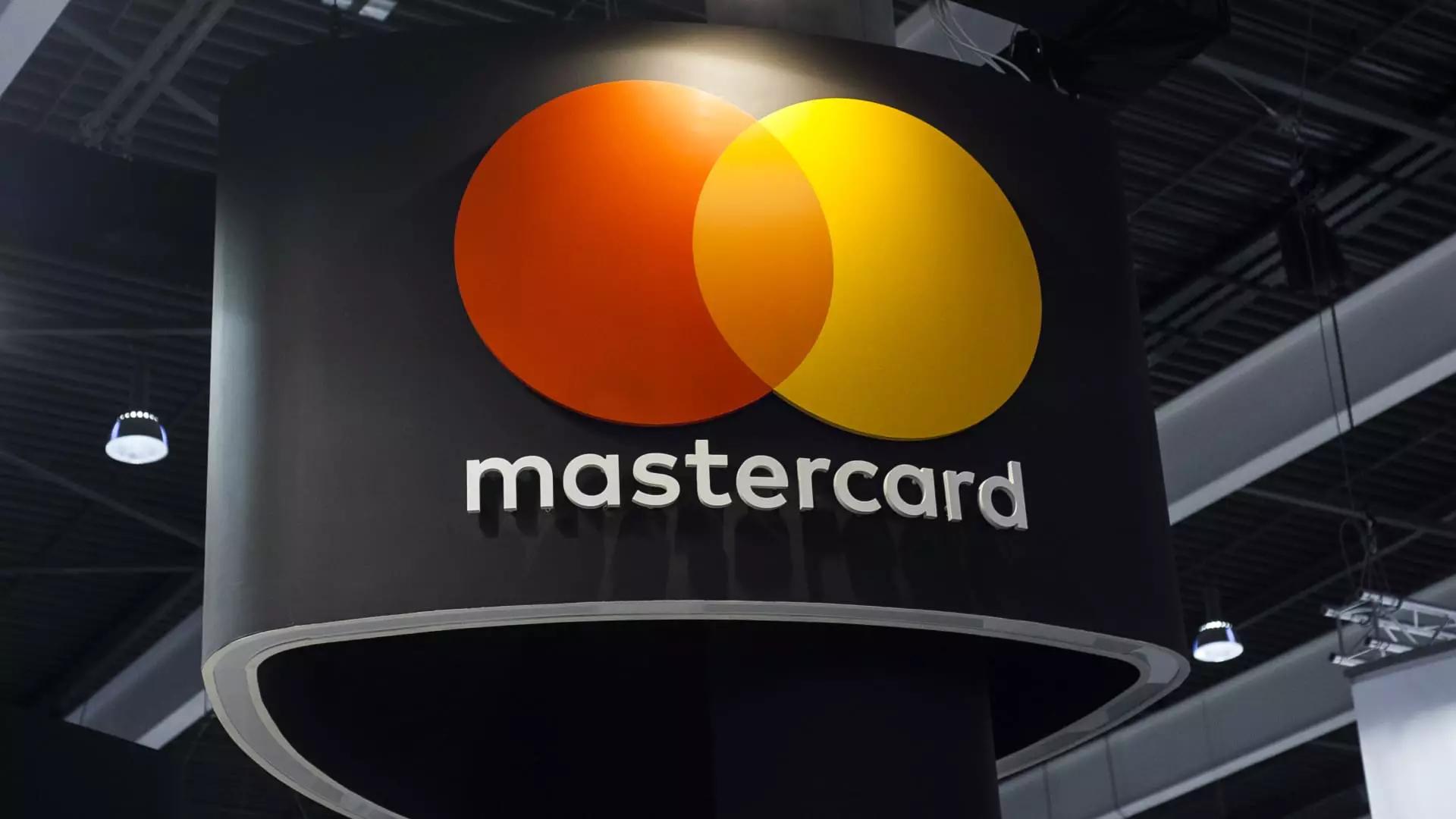In an age marked by a rapid evolution in payment technologies, Mastercard has taken a significant step forward by announcing its acquisition of Minna Technologies, a Swedish firm specializing in subscription management solutions. This move not only signifies Mastercard’s intent to diversify its business beyond traditional credit and debit card processing but also capitalizes on the burgeoning market for subscription services. This trend has seen explosive growth, with projections indicating a rise from 6.8 billion subscriptions globally in 2023 to an estimated 9.3 billion by 2028, according to research from Juniper Research.
As consumers increasingly juggle numerous subscriptions—from streaming platforms to e-commerce services—managing these recurring payments has become a daunting task. The combination of Mastercard’s vast resources and Minna’s innovative solutions promises to reduce this friction significantly and empower users to manage their subscriptions through their banking applications.
Founded in Gothenburg, Sweden, Minna Technologies has developed tools that seamlessly integrate with banking apps, enabling users to view and manage all their subscriptions in one unified platform, regardless of the payment method used. This holds immense potential not only for consumers but also for financial institutions, as integrating these features can drastically enhance user experience and engagement.
Currently, Minna collaborates with several leading banks worldwide, including Mastercard and its rival Visa. This pre-existing relationship likely facilitated a smoother transition for the acquisition, showcasing the necessity and viability of subscription management tools in the digital finance landscape. Mastercard’s commitment to integrating Minna’s technology into its existing framework indicates a clear intention to elevate the consumer experience by minimizing the complexities associated with subscription services.
The modern consumer often finds themselves inundated with myriad subscription services, from entertainment hubs like Netflix and Disney Plus to e-commerce giants such as Amazon. This proliferation of services presents a dual-edged sword: while it fosters convenience, it can also lead to frustration, as users struggle to keep track of multiple payments and cancellation policies. In some instances, unaware consumers may even find themselves unwittingly incurring charges for subscriptions they no longer use or wish to continue.
Mastercard’s acquisition of Minna Technologies is particularly poignant in addressing this prevalent issue. By enabling users to monitor their subscriptions in real time, Mastercard can help mitigate potential customer dissatisfaction stemming from complicated payment processes. This customer-centric approach stands to benefit both consumers—by providing clarity and ease in managing subscriptions—and merchants, whose businesses benefit from customer retention and improved relationships.
Competitive Landscape: Fintech Adaptations
The acquisition also highlights a broader trend among traditional banks and payment processors: the need to innovate and adapt to remain competitive against a backdrop of nimble fintech startups. These emerging players frequently offer specialized, user-friendly solutions that disrupt conventional banking practices. For instance, Mastercard’s previous acquisition of Finicity in 2020 showcased its strategy to enhance its data-driven services for third-party platforms, establishing itself as a forward-thinking entity in the financial sector.
Visa, similarly, is not taking this trend lightly. With its recent launch of Visa A2A, a service allowing consumers to manage direct bank debits more fluidly, the race is on to capture the increasingly digital consumer market. This emerging competition highlights the urgency within financial institutions to broaden their service offerings and integrate more tech-driven solutions that align with consumer needs.
Despite the promising prospects, this acquisition is not without its challenges. As with any substantial deal in the financial services sector, it faces the scrutiny of regulatory bodies, which are tasked with ensuring fair market practices. The regulatory review process could potentially place a hold on the integration of Minna Technologies’ services, underscoring the need for vigilance and effective communication throughout this transition.
Looking ahead, the success of Mastercard’s acquisition will hinge not only on effective integration but also on its ability to resonate with consumers and address their needs in an increasingly complex subscription economy. By offering enhanced visibility and control over spending habits, Mastercard could fortify its position in the financial ecosystem and maintain a competitive edge in the evolving payments landscape.
Mastercard’s acquisition of Minna Technologies is a notable maneuver in the ever-changing financial services terrain. By embracing technological innovations aimed at improving the subscription management experience, Mastercard not only reinforces its relevance in a digital-first world but also sets a benchmark for traditional financial institutions striving to retain consumer loyalty amidst the fintech revolution. As this integration unfolds, both consumers and merchants stand to gain substantially, underscoring the significance of adaptability in a landscape defined by constant change.

